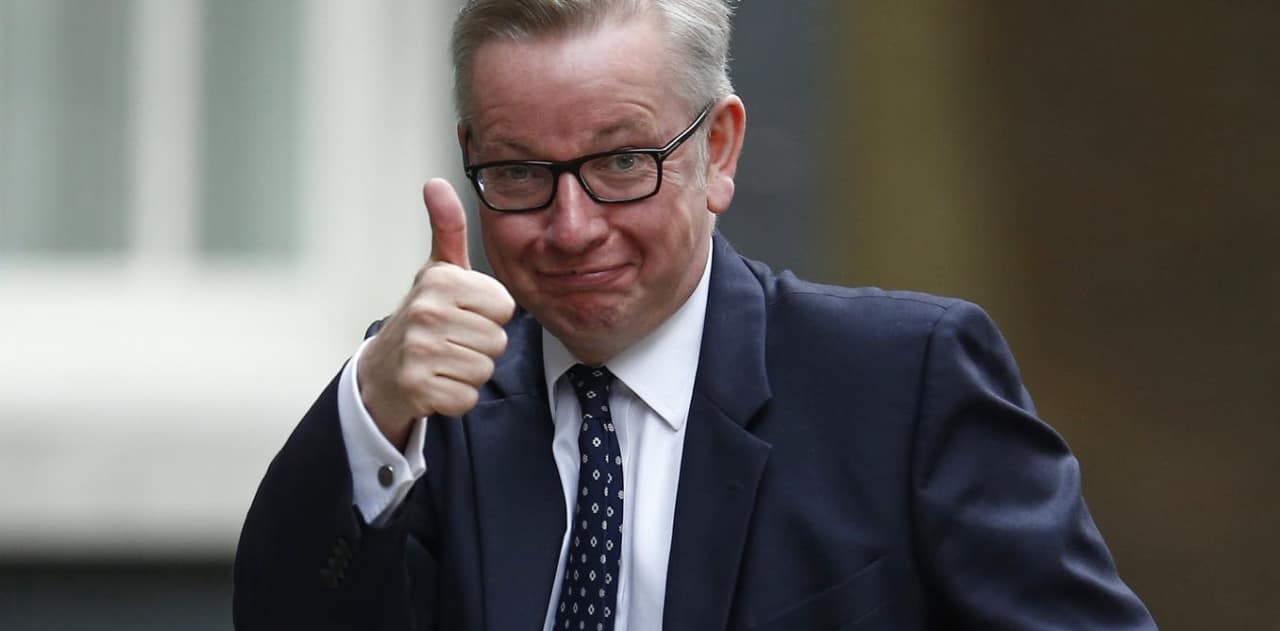“Set aside experts and we rely only on a faith detached from knowledge and analysis”
Published in partnership with the new Social Sciences Birmingham site of the University of Birmingham:
There has been a lot of bashing of “experts” in the recent years.
Promoting Britain’s departure from the European Union in June 2016, Michael Gove — a hardline Brexiteer and now Environment Secretary — said:
I think that the people of this country have had enough of experts with organisations from acronyms saying that they know what is best and getting it consistently wrong.
Donald Trump has included analysts in his repeated proclamations of “fake news” and “fake media”. Columnists and authors, who presumably do not consider themselves to possess expertise, have piled in with articles and books such as “Why the Experts Get Everything Wrong” and “Why Experts Keep Failing Us“.
This is a far from new phenomenon. Maybe the first dramatic example of putting down the expert was in Athens in the 5th century BC, when Socrates drank hemlock after charges that he had corrupted youth. In the US in the 20th century, H.L. Mencken concluded, “Any man who affilcts the human race must be prepared to have them misunderstood.” Science fiction writer Isaac Asimov wrote of reality:
The strain of anti-intellectualism has been a constant thread winding its way through our political and cultural life, nurtured by the false notion that democracy means that “my ignorance is just as good as your knowledge”.
So, with appeals to the populace by self-interested politicians and pundits, “You Can’t Trust Anyone”, maybe it’s time to suggest that having a bit of knowledge for analysis of politics, society, the economy, and culture isn’t a bad thing.
Contrary to the “ivory tower” cliché, experts are a lot like the rest of us. They have got bills to pay, kids to raise, mortgages to cover, health concerns to be addressed, an environment to be lived in. It’s just that, motivated by thoughts about these issues — or just because of the desire to learn and understand — some people put in years and even decades of effort to develop their thoughts and studies.
That was true thousands of years ago, when people first pondered why they worshipped the sun. It was true when Isaac Newton tried to figure out why the apple fell, and when Galileo thought that maybe everything didn’t revolve around the Earth. And it’s true today — “experts” learn because they want to udnerstand, and they pass on their thoughts because those assessments could held others understand as well.
But, let’s be honest, that can be damned inconvenient because facts and projections unsettle the interests of those in power or those who want to be in power. Michael Gove’s “experts” line was an attempt to dismiss any thought that Brexit might bring economic consequences for the UK, the assessment of almost every economist who considered the topic. For Donald Trump, experts could counter his denial of climate change, his myth that the chief beneficiaries of his policies are not the wealthiest Americans — and even mention the evidence that Trump’s advisors had a working relationship with Russian officials in 2016.
A standard counter is “But wait, it didn’t turn out the way experts said it would.” And sometimes the course of events does not follow exactly on the predicted path. Changes in circumstances can mean that an economy floats rather than sinks, that conflict is averted, that a storm is diverted from landfall.
But of course that denunciation is a sleight-of-thought. An expert is not a psychic: this will definitely happen. An expert considers the past and the present to consider that “this is likely to happen” in the future, whether it’s the weather forecaster’s 90% probability — leaving the 10% that cuts against the projection — the economist’s model of trade and investment, or the scientist’s estimate of temperature increase in the next decade.
And the vast majority of the time, those projections turn out to be on the mark. The Earth does keep revolving around the Sun, national and international economies function but run into new challenges, and countries and leaders vie for influence, often with consequences for their own citizens.
Set aside experts and we rely only on a faith, detached from knowledge and analysis, that it might, just might turn out the way that we wish rather than the way that is probable. Set aside experts and we give up the questioning of authority which may not be motivated by understanding or mutual benefit.

